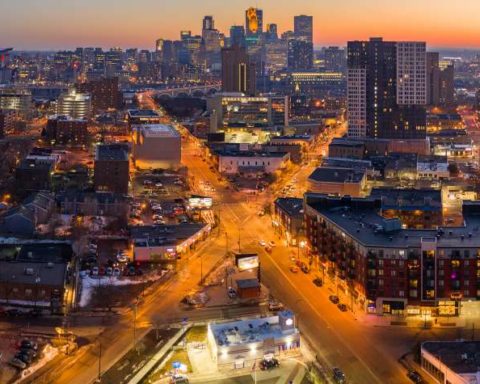WASHINGTON, DC— April 22nd, 2020- Earth Day turned 50. The first Earth Day in 1970 mobilized millions of Americans in waves of coast-to-coast demonstrations to protest environmental ignorance and demand a way forward for our planet. The first Earth Day is credited with single-handedly shaping the modern environmental movement and is now recognized as the planet’s largest civic event. U.S. Senator Gaylord Nelson founded Earth Day as a powerful and impactful demonstration of concern for the environment “so large that it would shake the political establishment out of its lethargy.”
So, what exactly has changed since Earth Day 1970? Granted, Earth Day achieved many of its original goals; it led to the passage of landmark environmental laws such as the Clean Air, Clean Water, and Endangered Species Acts. In the last half-century, air and water pollution have plummeted, the bald eagle is no longer endangered, and environmentalism is now in the DNA of American politics. Environmental policies in America have served as models for combating climate change around the world; in 2016, the United Nations chose Earth Day to sign the Paris Climate Agreement into force, a huge step towards climate goals such as the proliferation of renewable energy and the reduction of carbon emissions. But our work is not over yet.
While we have achieved several environmental victories in the last 50 years, we have also regressed in many other facets; climate change, tropical deforestation, and the staggering loss of biodiversity grow worse everyday. Reversing the profound damage to our planet will require the most concentrated international effort the world has ever seen and an intense dedication to repairing Earth. In recent years, the environmental community and general public have begun to see the problem through this lens; groups such as the Sunrise Movement have juxtaposed environmental and social justice issues and helped birth a new movement that views the environment, the economy, and the socially just world as inextricably linked. Awareness and action have become crucial as climate activism grows in popularity. Earth Day Network president Kathleen Rogers says, “For Earth Day 2020, we will build a new generation of environmentalist activists, engaging millions of people worldwide.”
In a world fraught with political tension and economic strain, what gives me hope? I reflect on Rosa Parks’s single word of defiance: “No,” and Greta Thunberg’s simple act of protest in front of the Swedish parliament, on these simple acts of principle that would change the course of history. 50 years ago, Senator Nelson would never have dreamed that Earth Day could ingrain itself in the hearts of civilians and politics, launching an environmental movement with the sheer dedication and commitment that just might save our planet. Sure, Earth Day 2020 is far from Nelson’s vision of a pure and equal Earth. But what matters now is how we can move forward, how our own small acts of defiance can build a climate for change and a brighter future.







